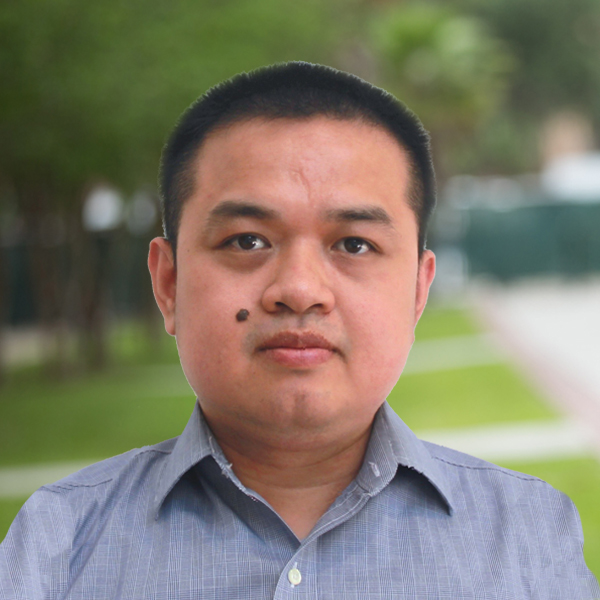Kuang Gong, Ph.D., an assistant professor in the Department of Biomedical Engineering at the University of Florida, has been awarded a prestigious R01 grant from the National Institute of Biomedical Imaging and Bioengineering (NIBIB). This grant will support his research project, “Deep Learning Methods for Improving Gallium 68-Based PET Imaging.”
Gong will lead this project as the principal investigator (PI), working alongside distinguished colleagues from UF, including Dr. Wesley Bolch, a UF Term Professor of Biomedical Engineering; Dr. Walter Drane, a professor and chief of nuclear medicine; and Dr. Bikram Karmakar, an assistant professor of statistics. The collaboration also includes experts from MD Anderson Cancer Center and Massachusetts General Hospital.
The research aims to enhance the quality of 68Ga-DOTATATE and 68Ga-PSMA-11 PET imaging, which are vital in diagnosing and managing neuroendocrine tumors (NETs) and prostate cancer (PCa). NETs, a diverse group of tumors with rising incidence rates, often go undetected in early stages, resulting in metastasis in 20% to 50% of patients by the time of diagnosis. PCa remains the most common solid-organ malignancy among men in the United States. Accurate management of these conditions hinges on distinguishing between indolent and aggressive forms of PCa and differentiating localized disease from metastatic spread.
The project focuses on the Gallium-68 PET tracers 68Ga-DOTATATE and 68Ga-PSMA-11, which are highly sensitive and specific in targeting cancer cell overexpression. However, Gallium-68 PET imaging presents challenges due to the shorter half-life of Gallium-68 and its broader positron range, leading to lower image quality compared to 18F-FDG PET.
To address these issues, the team will develop advanced AI methods to improve motion correction, static image quality, and kinetic modeling for Gallium-68 PET imaging. Comprehensive clinical evaluations will be conducted to assess the clinical translation potential of these new methods.
If successful, this project will result in novel, effective, and robust techniques for motion correction and image reconstruction in Gallium-68 PET imaging. These innovations could significantly enhance lesion detectability and quantification accuracy, ultimately leading to improved diagnosis and treatment for patients with NETs and PCa, advancing both clinical outcomes and patient care.

